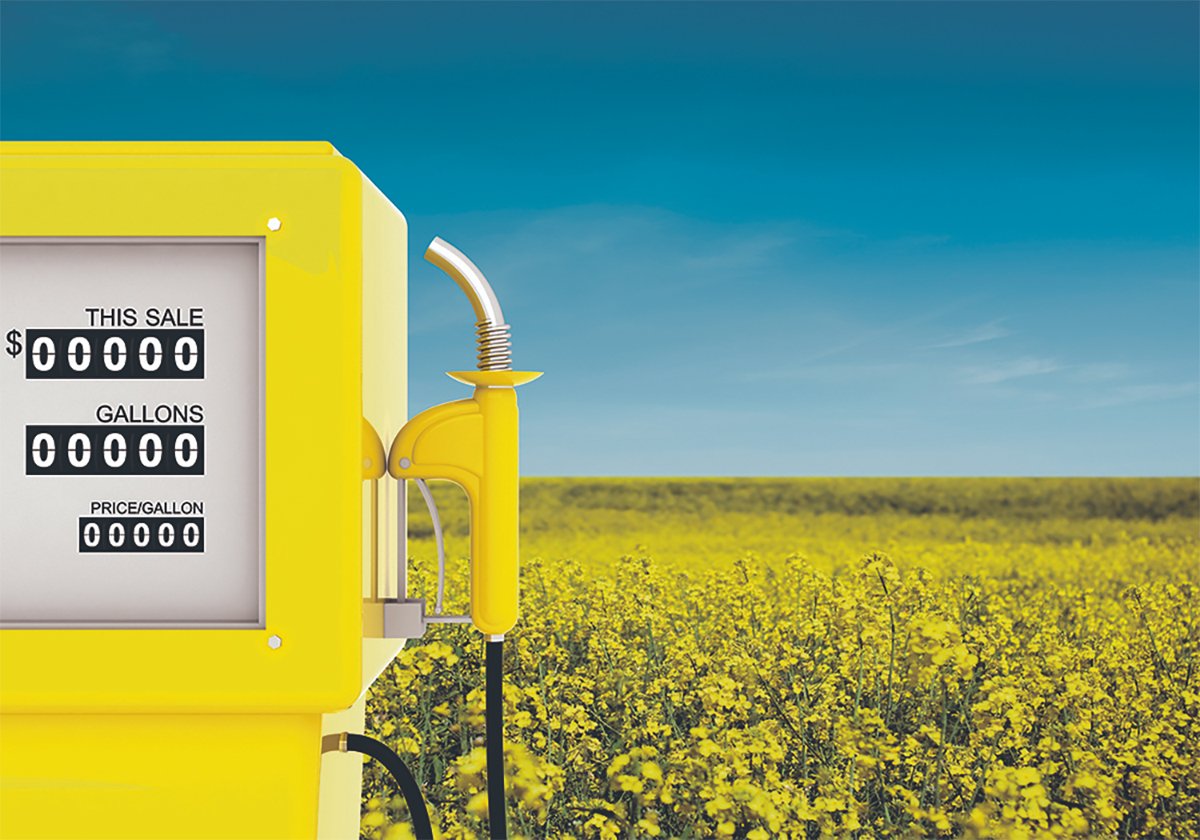In this country, complaints often begin, “where, but in Canada would …” and go on to list frustrations with the railways, the Canadian Wheat Board or the federal government.
In reality, our grievances often pale by comparison to those suffered elsewhere.
Take Argentina, the world’s second largest crop exporter. The government there imposed hefty taxes on exports of soybeans, the country’s leading crop. The taxes wiped out benefits farmers would have seen from last year’s extraordinary rally. The government also periodically stopped wheat exports last year to ensure adequate supply for the domestic market.
Read Also

Biofuel sector happy with federal budget
Advanced Biofuels Canada says new Biofuel Production Incentive is a lifeline until CFR amendments are in place.
Farmers protested and demonstrated, blocking highways and ports, and finally forced the government to institute minor reforms.
Now farmers are running in June elections for Congress to try to oust the government.
Meanwhile, the country’s worst drought in 50 years slashed wheat production by 50 percent, soybean production by 41 percent and corn production by 26 percent.
Pastures dried up, cattle died and breeding cows were culled. The country is expected to produce only 2.67 million tonnes of beef in 2010, down from 3.11 million this year. It might have to import beef for the first time ever.
Drought still threatens as farmers prepare to seed the next wheat crop. The Buenos Aires grain exchange forecasts wheat acreage will drop by almost 19 percent this year because of drought, tight financial resources and frustration with the government.
A director of the Agrarian Federation said on May 15, perhaps with a bit of pre-election posturing, that Argentina might produce only five million tonnes of wheat in 2009-10, down from 8.4 million this crop year and much worse than the current U.S. Department of Agriculture forecast of 11 million tonnes.
With domestic demand standing at five million tonnes, there would be no exports, which would be a shocking development. Only two years ago Argentina produced 16.8 million tonnes.
Brazil imports a large percentage of its wheat needs from its neighbour, and millers there are already lobbying the government to drop its 10 percent import tariff on wheat from outside the Mercosur trading bloc so they can bring in wheat from Canada, the United States and Russia.














